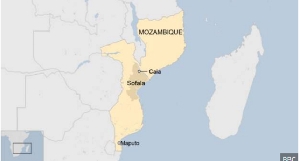Regional News of Tuesday, 16 February 2021
Source: GNA
Coronavirus: MCE takes campaign to crowded public places
Mrs. Susan Akomeah, the Municipal Chief Executive (MCE) for Asante-Akim Central, has stepped up public education on COVID-19 protocols with visits to lorry stations, markets, and other crowded places in the municipality.
She took time to engage the people, distributed face masks and hand sanitizers to market women, drivers, and mechanics at Konongo and Odumase as part of efforts to educate the public especially on the second wave of the coronavirus pandemic.
The MCE also spent time demonstrating the proper wearing of the face masks and application of hand sanitizers during her interaction with all the groups.
She told them that the elimination of the virus from Ghana would largely depend on the strict adherence to preventive etiquettes, especially in public spaces.
The MCE entreated leaders of the various groups to maintain social distancing in their workplaces and insist on compliance with the other safety protocols among their members.
“This is a challenging time not only for the people of this municipality but the entire country and we must all make conscious efforts to observe the protocols to stop the spread of the disease”, she appealed.
She admonished them to take personal responsibility to protect themselves and their loved ones because the new variant of the virus has proven to be more deadly.
She reminded them that the President had directed the police to arrest and prosecute persons who flout the protocols and urged them to comply to avoid the unpleasant duty of paying fines.
“Effective February 1, recalcitrant citizens would pay a spot fine of GHC 20.00 to the Assembly”, the MCE disclosed.
She promised to extend the distribution of the masks and sanitizers to other communities to protect more beneficiaries to reduce the risk of infections.











